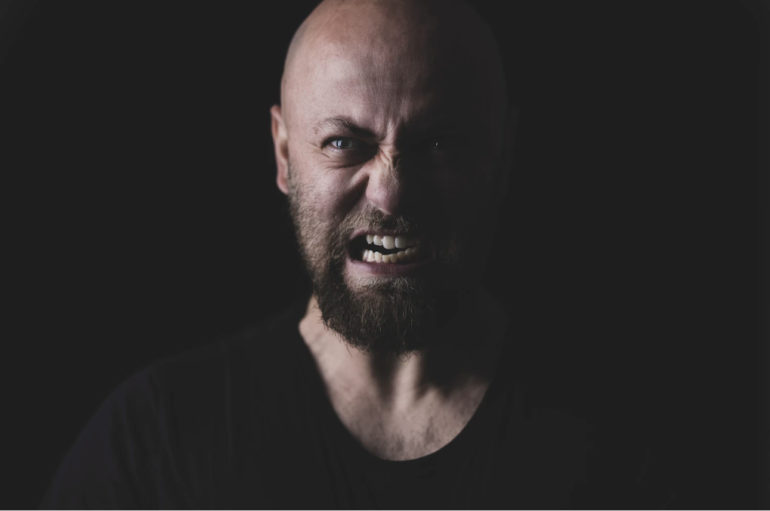
If Anger Is Necessary To Feel For Emotional Health, Why Does Jewish Law Prohibit It?
Dear Jew in the City,
Let’s say a teenager wasn’t able to express his real thoughts growing up, because his parents actively silenced him, gave him the message his opinion wasn’t wanted or didn’t meet his emotional needs in a significant way? In order to heal, he’s supposed to go through different stages of emotions. One stage is to feel sad for what he missed. Another is to feel angry for what he missed. The goal isn’t to remain in an angry state, but that state must be experienced in order to “stand up for” the inner child who didn’t have his needs met in a significant way. How do we square feeling angry, which is a necessary stage of healing with the Jewish law prohibiting anger?
Sincerely,
Ben
Dear Ben,
The Rambam writes that while anger is prohibited, it is also sometimes necessary, and therefore allows a person to give others the impression that he is angry in order to teach a lesson about the seriousness and importance of a given issue. This question (that is now being asked) is obviously different in that the anger is real, but it is similar in the sense that this is anger that serves a purpose, rather than being a characteristic one is attempting to acquire. Therefore, since the goal is to get through the anger in order to heal, and not to stay in an angry state – it is acceptable.*
*Please note: It’s important for me to emphasize that I am a rabbi, not a mental health professional, and so my answer to these questions can only focus on the halachic-rabbinic side of things. It may very well be that in addition to a rabbi, a therapist must be involved in the process, and use the tools at his disposal to assist and direct.
Sincerely,
Rav Yoni Rosensweig
If you found this content meaningful and want to help further our mission through our Keter, Makom, and Tikun branches, please consider becoming a Change Maker today.







